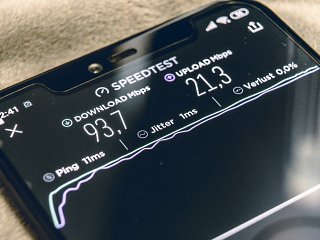Having a 4G Router VS A Fixed Broadband Connection For Your Business

Whenever you need to set up an internet connection on your business premise, it can be difficult to decide which option is best for you. Sometimes it is the issue of being rural, for others, you might have Fibre access, but you feel it might be too costly for your business.
A fixed broadband line is essentially fixed between the router and the telephone socket (Usually a BT socket in the wall). This means businesses generally experience less lag while doing work online, as their connection runs through ADSL/Fibre copper wiring via the telephone line. Fibre broadband uses fibre optic cables, designed for faster speeds than ADSL, and this is connected to the cabinets you’ll see on the paths on UK roads.
4G, on the other hand, relies on radio waves from 4G phone masts to deliver IP signals to your devices. The main benefit of setting up a 4G connection is that you don’t need to have an engineer install anything, nor do you need bulky infrastructure or excessive cabling. All a business needs is a 4G router, and a data SIM that suits their usage requirements (e.g. 5 GB a month or maybe 50 GB a month).
Both are great options, the 4G router performs better in some areas, while fixed-line broadband works better for others. Fixed broadband can generally be cheaper in the medium/long term, as data SIMs can run higher than £30 a month at times, and if you’re a small office, you might find a fibre connection could work better for you. Even if the fibre deal is slightly more expensive, you are much more likely to benefit from having no data cap, and a more reliable connection for your fixed-premise business.
4G works great for back-up, and those who are always on the move. If you need to take your laptop to meetings where WIFI isn’t available, having your 4G SIM on hand can be a massive help to keep you connected. 4G is a lot less widespread (as we know) compared to fixed broadband circuits - You always want to see if fibre is available for your location (Instead of settling for ADSL), as it’ll probably help you make an informed choice. Fibre will most likely bring in the better performance if you’re wanting a reliable connection with speeds consistent across the board.
Written by Harrison Jones
